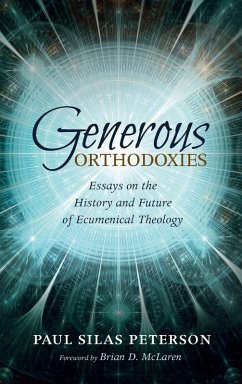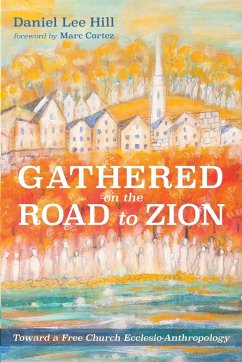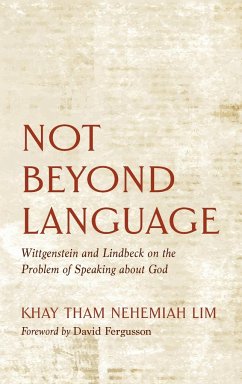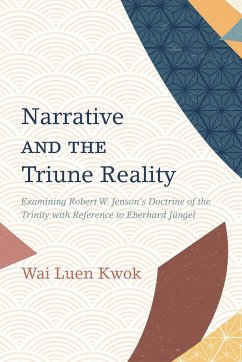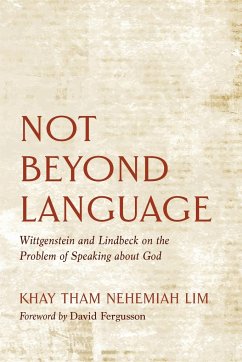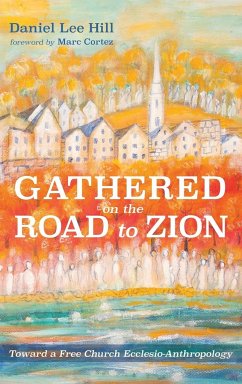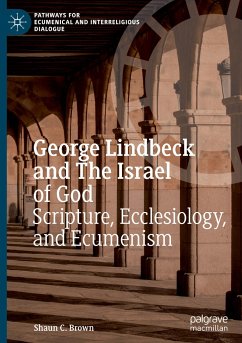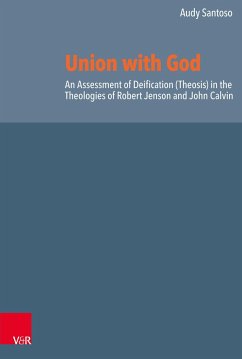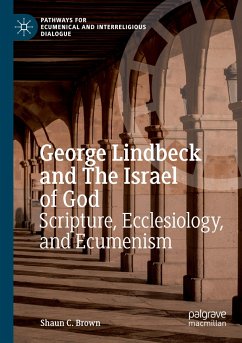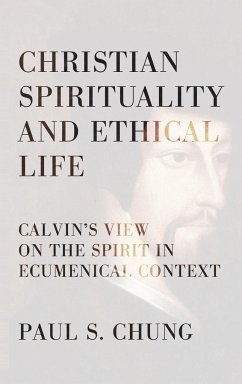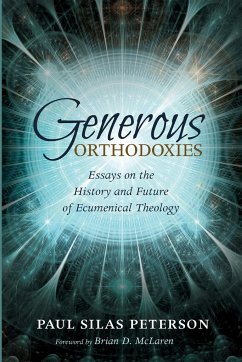
Generous Orthodoxies
Versandkostenfrei!
Versandfertig in 1-2 Wochen
31,99 €
inkl. MwSt.

PAYBACK Punkte
16 °P sammeln!
After the birth of the Protestant ecumenical movement in the late nineteenth and early twentieth centuries, and following the first great wave of universal Christian ecumenism in the 1960s and 1970s after the Second Vatican Council, prominent theologians of nearly every ecclesial tradition charted new territory in the last decades of the twentieth century. They crossed boundaries within their own ecclesial traditions and built bridges to other Christian churches--churches that were once excluded from fellowship. In the development of these new programs of ecumenical theology, the theologians r...
After the birth of the Protestant ecumenical movement in the late nineteenth and early twentieth centuries, and following the first great wave of universal Christian ecumenism in the 1960s and 1970s after the Second Vatican Council, prominent theologians of nearly every ecclesial tradition charted new territory in the last decades of the twentieth century. They crossed boundaries within their own ecclesial traditions and built bridges to other Christian churches--churches that were once excluded from fellowship. In the development of these new programs of ecumenical theology, the theologians redefined their own confessional identities and, in many cases, crossed the liberal-conservative divide within their own traditions. This volume introduces this fascinating dynamic of theological mediation, redefinition, and generosity. It shows how the ecumenical impulses, which were directed outwardly to other traditions, had reflexive effects inwardly. Working in the realms of both historical and systematic theology, the essays in this volume provide a critical analysis of the history of this general theological sentiment and offer an outlook for its future. Contributors Brian D. McLaren, Foreword Paul Silas Peterson, Introduction Part One: Ecumenical reform theologies Andrew Meszaros, Yves Congar: The Birth of ""Catholic Ecumenism"" Matthew L. Becker, Edmund Schlink: Ecumenical Theology Dorothea Sattler, Otto Hermann Pesch: Ecumenical Scholasticism Ronald T. Michener, George Lindbeck: Ecumenical Unity through Ecclesial Particularity Nikolaos Asproulis, John D. Zizioulas: A Pioneer of Ecumenical Dialogue and Christian Unity Part Two: Overcoming liberal-conservative polarities Ben Fulford, Hans Frei: Beyond Liberal and Conservative Friederike Nussel, Wolfhart Pannenberg: Liberal Orthodoxy Jay T. Smith, Stanley J. Grenz: The Evangelical Turn to Postliberal Theological Method Part Three: Boundary crossings in philosophical, systematic and ethical theology William E. Myatt, David Tracy: Difference, Unity, and the Analogical Imagination Christophe Chalamet, Robert Jenson: God's Way and the Ways of the Church Victoria Lorrimar, Stanley Hauerwas: Witnessing Communities of Character Christine M. Helmer, Marilyn McCord Adams: Philosophy, Theology, and Prayer Part Four: Ecumenical theology today Wolfgang Vonday, Pentecostalism and Christian Orthodoxy: Revision, Revival, and Renewal Johanna Rahner, Shifting Paradigms - Future Ecumenical Challenges Michael Amaladoss, Theology today in India: Ecumenical or interreligious? Bernd Oberdorfer, Next Steps - and Visions? Lutheran Perspectives on Doctrinal Ecumenism





